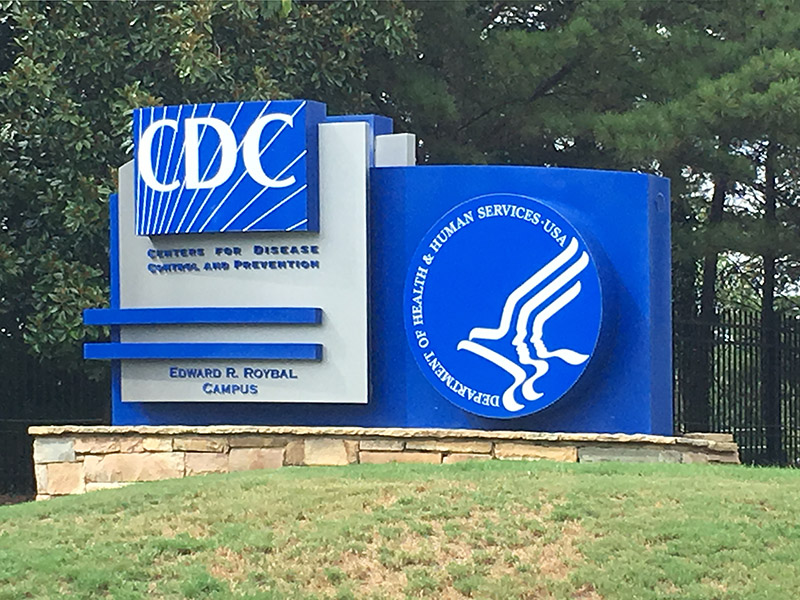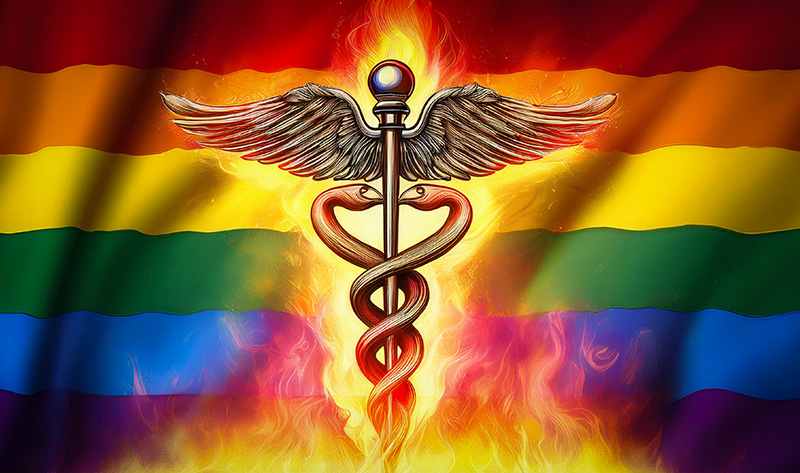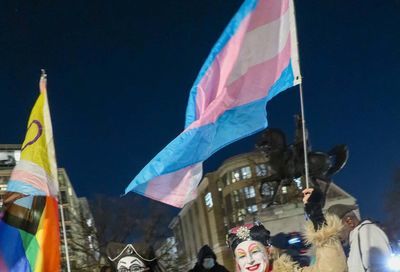HIV organizations in areas hit by hurricanes to receive $1 million
Local organizations that treat people with HIV encouraged to apply for grants


A pair of national HIV organizations are setting up a $1.15 million fund to help local HIV organizations in areas hit hardest by Hurricane Harvey.
The fund will also help those impacted by Hurricane Irma as it continues on its path toward the United States.
AIDS United and NMAC announced the creation of the fund on Thursday, during the opening plenary of the 21st annual U.S. Conference on AIDS, held in Washington, D.C.
Gilead Sciences, a major pharmaceutical company is donating $1 million to the fund.
“There is no greater emergency than the devastation of these powerful hurricanes,” Jesse Milan, Jr., the CEO of AIDS United, said in a statement. “We are thankful this rapid grantmaking process is in place and thrilled that Gilead is making available up to $1 million to support relief efforts for the HIV community.”
AIDS United will coordinate and distribute grants designated for local HIV organizations in Florida, Texas and Louisiana as part of the rapid response arm of its new Southern HIV Impact Fund.
NMAC will appoint a Hurricane Relief Advisory Panel, made up of local community leaders, to identify which organizations will receive the grants.
In addition to Gilead’s contribution, AIDS United has allocated an additional $150,000 from the Southern HIV Impact Fund to help struggling organizations.
It also encouraged those organizations that need to quickly get back to work providing HIV prevention and treatment services to apply for grants.
“This is a really important announcement, because for people on the ground, in Houston, and potentially, wherever Irma’s going to come ashore, it’s really important to make sure that people in those areas who are living with HIV continue to get access to care,” says Chip Lewis, a spokesman for NMAC. “We heard a lot of stories from Houston that the damage there was so severe that a lot of people who were in care had their care disrupted. And that’s something we want to avoid when we’re talking about the care of people living with HIV.
“This money will go to local organizations on the ground in Texas, in Louisiana, in Florida, all the affected areas, who know how to get care to the people there locally,” Lewis adds. “We need to get this money into the areas affected as quickly as possible to minimize the disruption to people living with HIV.”
A return to normalcy for people living with HIV is particularly important in the Southern United States, which have higher rates of infection.
According to the U.S. Centers for Disease Control and Prevention, more than half of new AIDS diagnoses and deaths occurred in the South. In 2015, Florida ranked first in the number of new diagnoses, Texas was third, and Louisiana was eleventh.
Support Metro Weekly’s Journalism
These are challenging times for news organizations. And yet it’s crucial we stay active and provide vital resources and information to both our local readers and the world. So won’t you please take a moment and consider supporting Metro Weekly with a membership? For as little as $5 a month, you can help ensure Metro Weekly magazine and MetroWeekly.com remain free, viable resources as we provide the best, most diverse, culturally-resonant LGBTQ coverage in both the D.C. region and around the world. Memberships come with exclusive perks and discounts, your own personal digital delivery of each week’s magazine (and an archive), access to our Member's Lounge when it launches this fall, and exclusive members-only items like Metro Weekly Membership Mugs and Tote Bags! Check out all our membership levels here and please join us today!






















You must be logged in to post a comment.